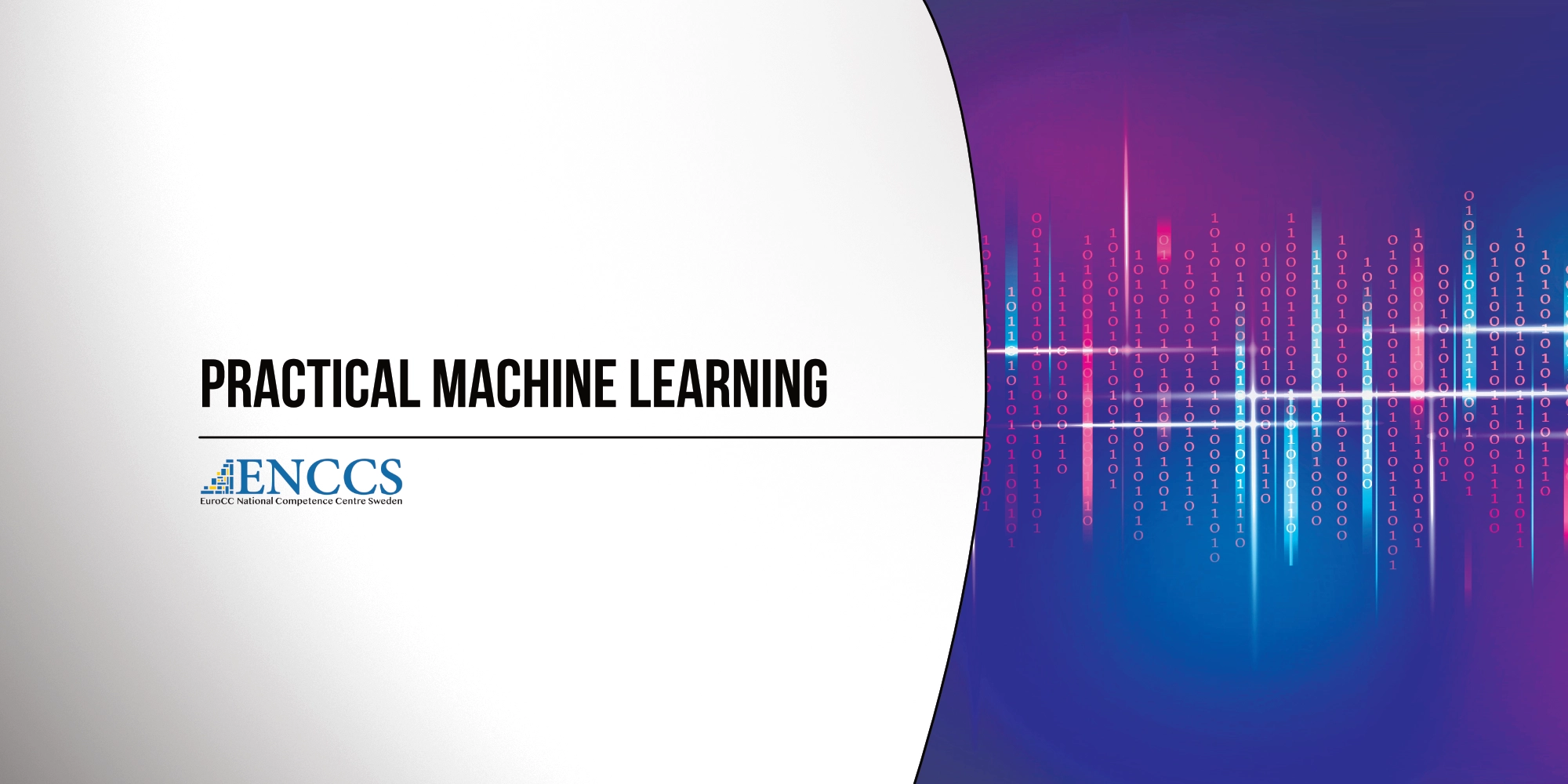
Overview
Welcome to the online workshop on Practical Machine Learning on Sept. 16-18 (2025). Machine learning (ML) is a rapidly growing field within artificial intelligence (AI) that focuses on building systems capable of learning from data. Instead of being explicitly programmed with detailed rules, the ML models identify patterns and make predictions or decisions based on historical data. This approach has revolutionized many industries, including healthcare, finance, marketing, and technology, enabling applications like personalized recommendations, fraud detection, and speech recognition. As the volume of data continues to grow, understanding ML concepts and techniques becomes increasingly important for anyone interested in working with data science or building intelligent systems.
This three half-day online workshop is meant to give a comprehensive introduction to the fundamental principles and practical aspects of ML. It will start from the fundamentls of ML including basic concepts, ML types, and representative applications of ML, and then progress to practical techniques for data preprocessing, model selection, training, evaluation, and assessment. Participants will explore supervised (classification and regression) and unsupervised (clustering and dimensionality reduction) tasks using varied ML algorithms, such as k-nearest neighbors (KNN), linear/logistic regressions, decision tree, random forest, support vector machine (SVM), naive bayes, k-means, and neuron networks.
Through a combination of theory and hands-on exercises using using Python and popular libraries to construct and deploy simple ML models, attendees will gain a solid foundation in ML, and then apply ML knowledge in a capstone project, developing a complete ML pipeline to solve a practical problem.
Who is this workshop for?
This workshop is ideal for:
- researchers and engineers transitioning into applied ML domain with no prior experience
- beginners in data science or machine learning who want a practical starting point
- software developers and data professionals looking to add machine learning to their skillset
- product managers and decision makers who wish to better understand the capabilities and limitations of ML systems in business applications
Prerequisites
To ensure a smooth learning experience, participants should have:
- basic proficiency in Python programming (variables, loops, functions) and some libraries like NumPy, Pandas, and Matplotlib/Seaborn
- familiarity with basic statistics and linear algebra concepts (*e.g.*, mean, median, standard deviation, vectors, matrices)
Key Takeaways
By the end of the workshop, participants will:
- understand the end-to-end ML workflow: problem definition, data preprocessing, model training, evaluation, and tuning model parameters
- be able to preprocess data, including handling missing values and feature scaling
- gain hands-on experience with popular ML algorithms including decision trees, KNN, naive bayes, SVM, random forest, and gradient boosting, etc.
- learn how to handle real-world datasets, perform feature engineering, and avoid common pitfalls such as overfitting
- be able to use essential Python libraries to build and deploy ML models
- leave with working code examples and the confidence to begin exploring ML/DL in their own projects
Agenda and more information
Please visit the website event official page at:
https://enccs.se/events/09-2025-practical-machine-learning/
More events & contact
Check out more upcoming events from ENCCS and our European network at https://enccs.se/events.
For questions regarding this workshop or general questions about ENNCS training events, please contact training@enccs.se
Schedules can change!
To ensure that everyone has the opportunity to participate, we kindly request that you let us know as soon as possible if you are unable to attend an event after registering.
Please send us an email at training@enccs.se to cancel your attendance.
We understand things can change, but repeated cancellations without notice may unfortunately result in your name being removed from future event registration lists.
Regulations
Due to EuroCC2 regulations, we CAN NOT ACCEPT generic or private email addresses. Please use your official university or company email address for registration.
This training is for users who live and work in the European Union or a country associated with Horizon 2020. You can read more about the countries associated with Horizon2020 HERE.